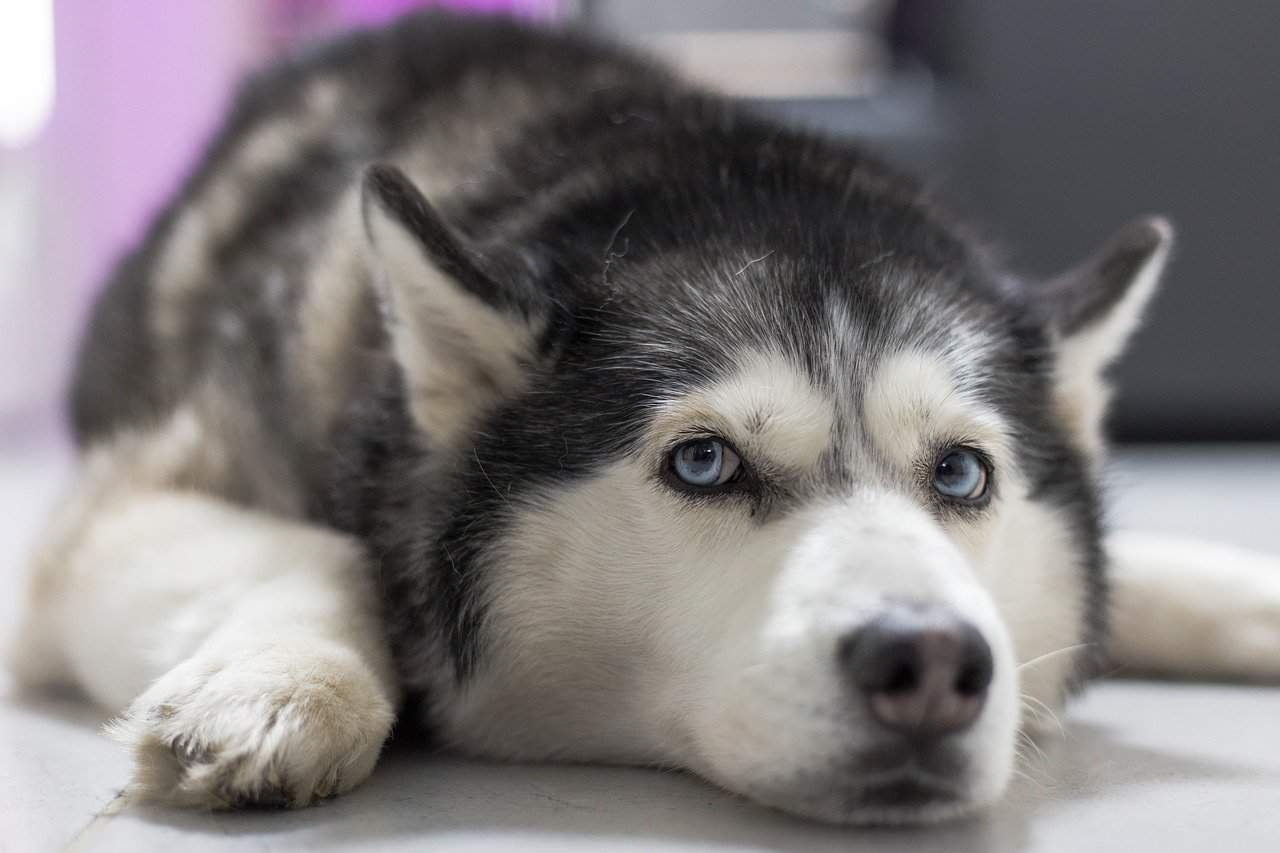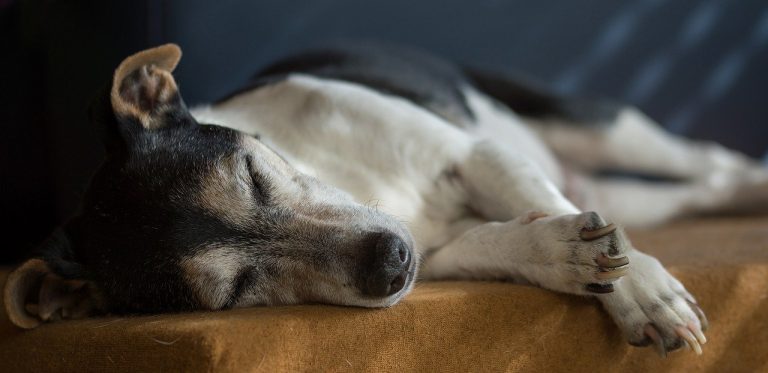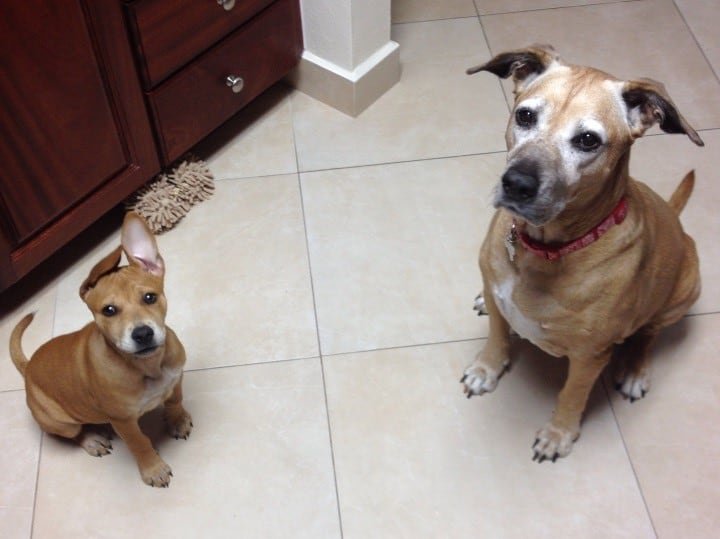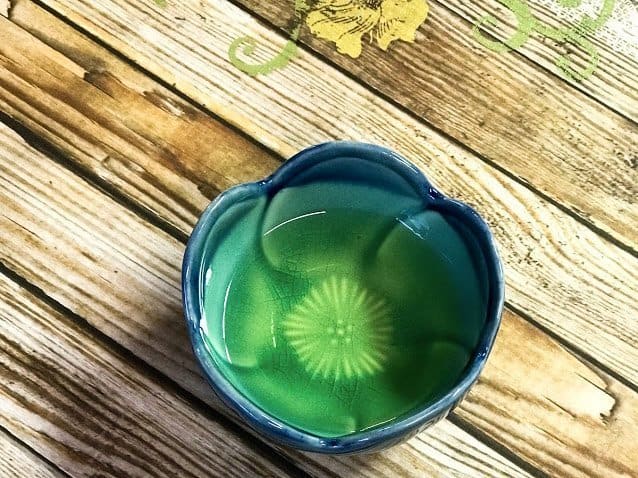6 Tips for Speeding Up Your Dog’s Recovery Time

There are some affiliate links below, but they are all products I highly recommend. For more info, view my disclosure here.
When our dogs get sick or suffer an injury, our first instinct is to do whatever we can to help them recover as quickly and comfortably as possible. The good news is that there are steps you can take to support your dog’s recovery and make the process relatively easy.
When your dog is sick or injured, it’s natural to want to do everything you can to help them recover as quickly as possible. However, it’s important to be careful not to rush their recovery in a way that could be harmful in the long run. So, what can you do to help your furry friend recover faster while still being mindful of their needs and well-being?
From providing proper nutrition and hydration, to keeping your dog comfortable and following your veterinarian’s instructions, there are many ways you can help your dog get back to good health.
Here’s how you can help your dog recover faster.

Let Them Rest While Minimizing Interruptions
Rest and relaxation can definitely go a long way when you’re trying to help your dog back to full health.
It’s important that they aren’t always interrupted with visitors and exciting distractions because this will take their focus and energy away from the task of resting and recovering. So make the home a quiet and zen place for a little while.
When our Ginger became a Tripawd due to cancer, we kept her world small for weeks as she adapted. We set up a cozy pen for her in our bedroom, since it was winter and that was the warmest room in the house.
Plus, the carpet helped give her extra traction and cushion for tumbles, which were inevitable when adapting to life on three legs! We’d all hang out in there with her to keep her company while she slept and healed. It also kept Roxy & Rico from trying to help “fix” her. They watched and stayed close while still giving her personal space.
Find the Best Possible Vet For Your Dog
It’s vital to put time and effort into making sure that your dog is being treated and cared for by the best possible vet.
Compare the options, look at their experience and what other people say about them, and select the one who you feel is best for your dog.
A skilled, caring vet can make an incredible difference in your dog’s health and happiness. Our amazing vet was a huge part of why we got an extra 7 happy, healthy months with Ginger. See my tips on how to select a new veterinarian after moving.

Listen to Your Vet’s Advice
As pup parents, we know our dogs better than anyone, but it’s important to follow your vet’s advice.
I’ve heard stories of owners holding back on pain medication as they didn’t feel their pet was in pain, but then a few hours later their dog is suffering.
If your pet is prescribed pain medication after an injury or surgery, keep them on the recommended dose/interval schedule according to direction from your vet. Make sure to keep up on antibiotics, steroids, or other medications as prescribed as well.

Sign up for our list and get a FREE printable pet identification sheet! It’s super helpful for pet sitters or if your dog wanders away for home!
Remain Attentive to Wound Care And Follow-up Vet Visits
There are certain things that you will need to remain highly attentive to as your dog recovers. For example, if there are wounds that need dressing, ask your vet for a crash course in handling that task.
One thing that was extremely helpful was keeping a log of Ginger’s health after her surgery. I was able to document her eating habits, what time she received her medication, note any potty or vomiting issues, and keep track of vet appointments.
Trying to keep track of it all by memory can be tough, so grab a notebook to create a log.
Keep Your Dog Fed and Well-Hydrated
Proper nutrition and hydration are essential for your dog’s overall health, and they can be especially important during recovery. Make sure your dog is getting the right nutrients and fluids to support their body’s healing process.
This may involve switching to a special recovery diet or adding supplements as recommended by your veterinarian.
I also like to add pumpkin to their meals while healing, as it helps with both constipation and diarrhea, both of which can be caused by the fluids during surgery, the medications they’re prescribed, and general stress from being injured.
Something as simple as good hydration can have a huge impact on your dog’s ability to recover well. Make sure your pup always has fresh water available throughout the recovery process because this will be key for them.
You also want to monitor their water intake to determine if they’re drinking excessively more or drastically less water than usual, as that could indicate a concern to bring to their vet’s attention.

Make It Easier For Your Dog To Get Around The House
If your dog is having trouble getting around the house due to an injury or mobility issues, there are a few things you can do to make it easier for them. You can use ramps or stairs to help them access areas that might be hard for them to reach on their own.
You could also try using a harness or sling to support them as they move around. Another option is to rearrange your furniture to create a clear path for your dog to follow. This might involve removing any clutter or obstacles that could trip them up.
Additionally, consider using non-slip rugs, yoga mats, or other types of flooring to help your dog maintain their footing and prevent falls. By taking these steps, you can help your dog stay active and support their recovery.

By following these tips, you can help your dog recover more quickly and comfortably. Remember, it’s important to be patient and not rush your dog’s recovery, as this can be detrimental in the long run. With the right care and support, your dog will be back to their happy, healthy self in no time.








Good advice!
You definitely have to take care that they rest and don’t get too excited or agitated so they can rest an recuperate.